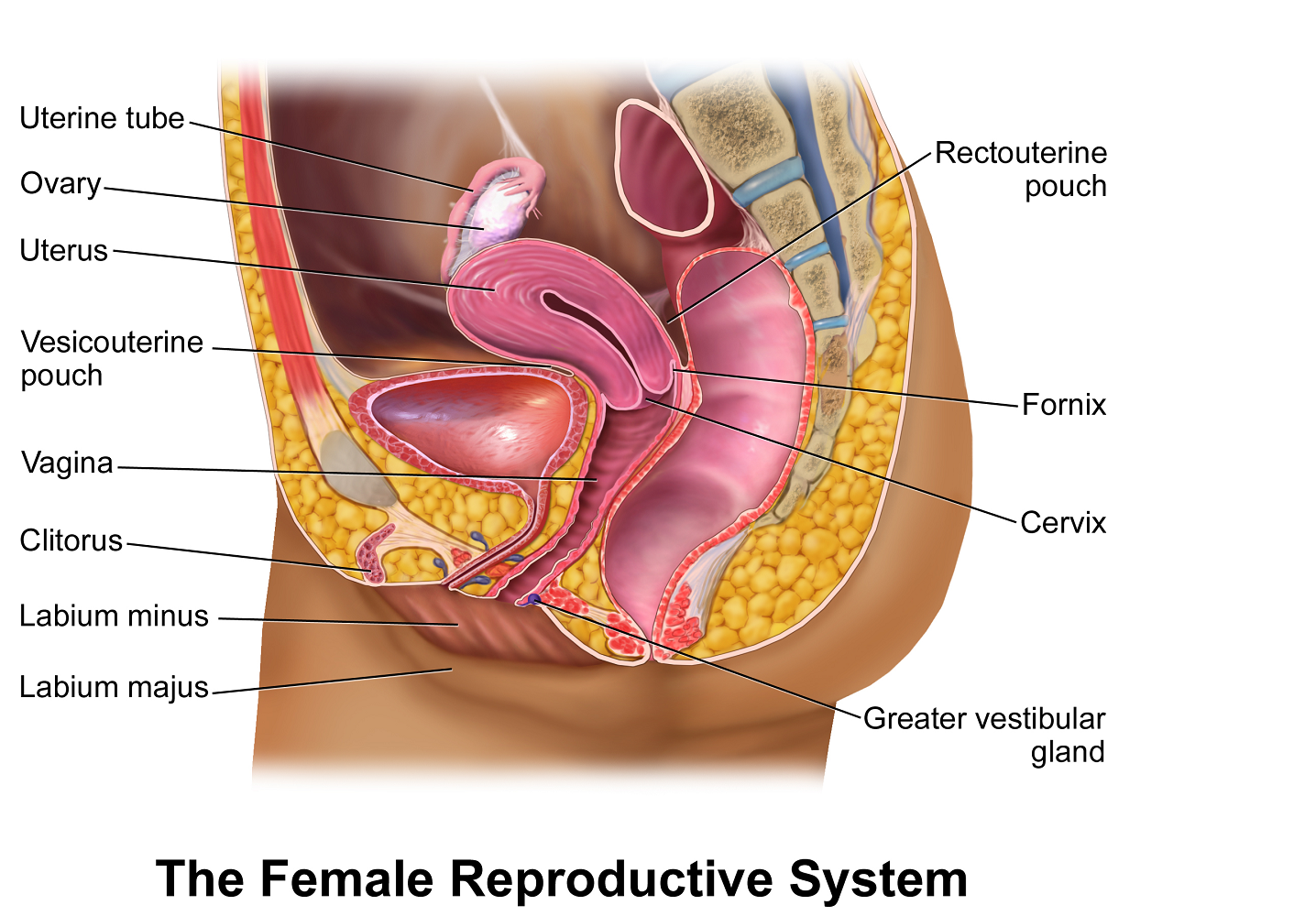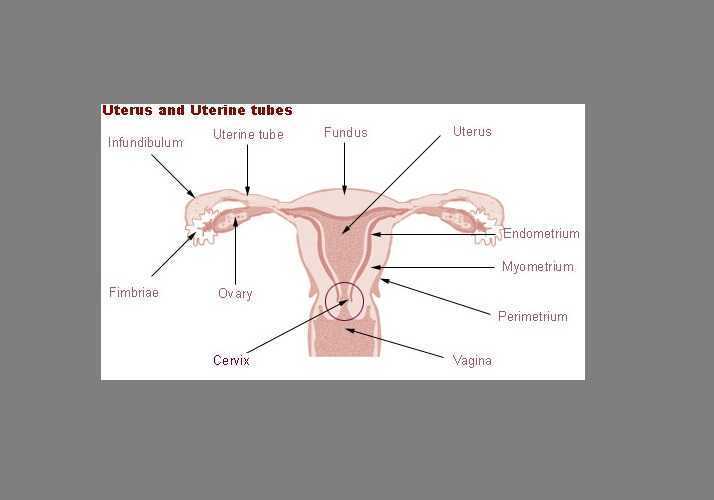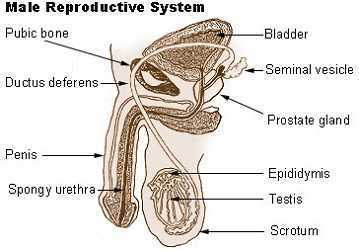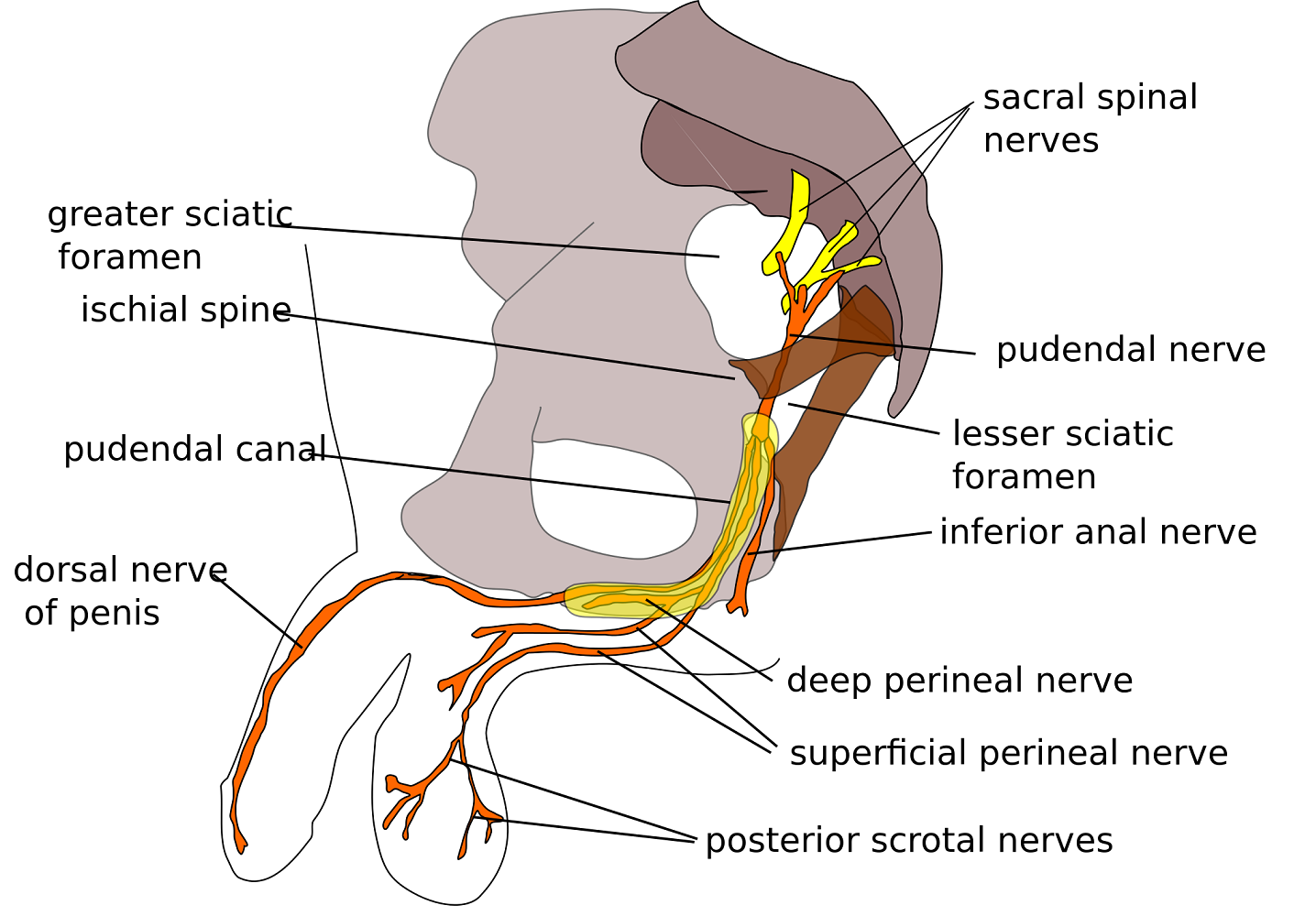This continuing education course consists of pre-course video lectures followed by live, interactive remote learning which will be completed by groups meeting at a specific satellite OR self-hosted location. This course is designed to expand on the therapist's existing knowledge concerning the relationship between the endopelvic fascia and the connective tissue surrounding the urogenital viscera as it relates to mechanical dysfunctions within the musculoskeletal system. The course includes extensive lectures on anatomical structures as well as visceral mobilization theory and techniques. Participants will learn a variety of avenues for mobilizing the fascial structures of the male and female reproductive and lymphatic system within the scope of pelvic physiotherapy practice.
This manual therapy course emphasizes science and clinical reasoning with the goal of immediate implementation of the material into an existing musculoskeletal and pelvic health practice. Information presented has applications for a variety of diagnoses related to pelvic health to include: Pregnancy related pelvic girdle pain, SI joint dysfunction, coccydynia, dysmenorrhea, prostadynia, orchialgia, mechanical infertility, and chronic pelvic pain.
Lab sections include both external abdominal, pelvic as well as internal vaginal and anal techniques. Attendees should come prepared to participate as both clinician and patient. Male course attendees may participate in the entire course and will be expected to model for gender specific anatomy. Pregnant attendees may participate in a very limited capacity owing to obvious limitations. Seminar content is targeted to licensed health care professionals working within the field of pelvic health. Content is not intended for use outside the scope of the learner's license or regulation
PLEASE NOTE: This course includes internal assessment and exam techniques, which will be practiced in partnered pairs in lab time. H&W strives to foster an environment that is safe and supportive. Survivors of past trauma should be aware that performing or experiencing internal exam may be triggering, and that many, regardless of their histories, feel strong emotions when practicing these techniques. In order to foster an environment that is non-triggering and safe for all participants, we recommend all participants consider the emotional impact they may experience during the course, and consider consulting a trauma counselor or therapist prior to attending.
Prerequisites
1. Minimum of Pelvic Floor Level 1 training or other coureswork inclusive internal vaginal examinations and relative clinical experience
2. Mobilization of the Visceral Fascia: The Urinary System taught by Ramona Horton
Pre-Course Learning Requirements
10-14 days before the course, participants will receive an invite to join Teachable, an online learning platform. In Teachable, registrants will find video lectures, other pre-course learning materials, course manual files, mandatory liability waiver, and URLs for any Zoom meetings. We require registrants to complete teachable components in sequential order. Videos lectures are required and must be completed in-full before proceeding to the next Teachable section. At the conclusion of the course, registrants can access their post-test and course evaluation form to provide our curriculum team feedback on their experience, as well as download their certificate of completion - all via Teachable.
Audience
This continuing education seminar is targeted to physical therapists, occupational therapists, physical therapist assistants, occupational therapist assistants, registered nurses, nurse midwives, and other rehabilitation professionals. Content is not intended for use outside the scope of the learner's license or regulation. Physical therapy continuing education courses should not be taken by individuals who are not licensed or otherwise regulated, except, as they are involved in a specific plan of care.
Special Considerations
As this continuing education course includes extensive lab work, all course attendees should come prepared to participate as both clinician and patient. Vaginal pelvic floor muscle and anal examinations will be taught in labs. Labs will be conducted under the supervision of instructors and teaching assistants. Past participants have found that wearing comfortable clothing that is easy for changing (such as skirts or athletic shorts) is very useful for labs. Due to temperature variations from clinic to clinic we would recommend wearing comfortable layers. Read more about What to Expect During Courses with Internal Lab Work. More information on partnered and group labwork can be found here: Guidelines for Remote Learning for Visceral/Fascial Manual Therapy Courses.
The Herman & Wallace Institute welcomes all professionals who are appropriately licensed at our courses. Being born with a vagina and other female anatomy is not a prerequisite for attending or participating fully in our courses. No one participant will be required to partner with any other one participant during labs.
Pregnant women course attendees may participate fully in the entire course if they bring their own lab model for examination, or if the attendee insists on lab participation then a clearance letter from their physician allowing them to participate in the labs is required. We strongly recommend that pregnant attendees bring a model as vaginal examination and internal myofascial manual therapy prior to 32 weeks gestation is not the common standard of medical practice. If pregnant participants cannot bring a model, they have the option of working in a group of three during lab times.
Required Readings
1. Horton (2015) Clinical Review: Visceral Mobilization for Pelvic Dysfunction
2. Kramp (2012) Combined manual therapy for infertility at http://jaoa.org/article.aspx?articleid=2094508
3. Review the anatomy of the pelvis and perineum
4. Visceral Anatomy Review
5. Participants should bring an anatomy atlas (preferably Netter) for reference of the visceral anatomy.










